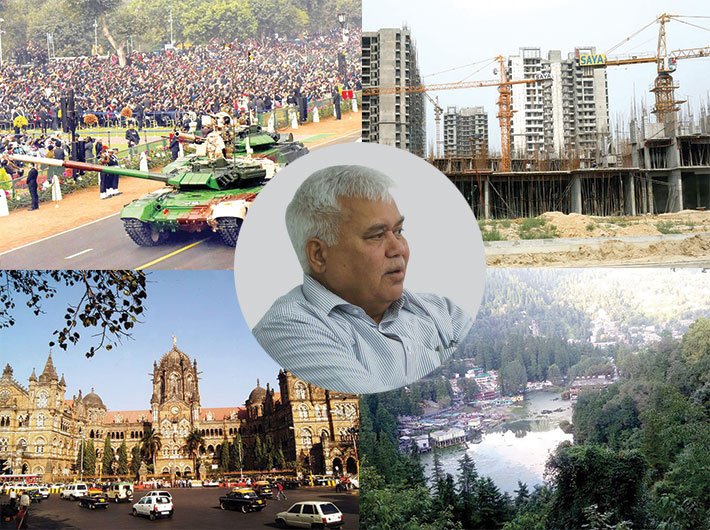TRAI chief RS Sharma, who was the director general of UIDAI at its inception, sits down with Governance Now journalists to talk about how the ambitious project was conceived. He also dispels the misconceptions surrounding it
Read: The UID pioneer thinks Aadhaar controversies miss the point
Pageantry has been a common feature of every Republic Day function that India has organised since 1950. However, it has not been without a fairly large share of weighty political and diplomatic symbolism. From the time when New Delhi invited charismatic Indonesian president Sukarno to be the chief guest at the first Republic Day function, to the most recent, when it made Abu Dhabi Crown Prince Sheikh Mohammed bin Zayed Al Nahyan the chief guest at its 68th Republic Day function, each one brought its own heft to India’s national interest. But the 2018 Republic Day would see a major departure from the past as all 10 heads of government/state from Association of South-East Asian Nations (ASEAN) members, instead of just one, are expected to grace the occasion as chief guests – a rare diplomatic initiative that New Delhi undertakes to commemorate 25 years of its engagement with the grouping that comprises Indonesia, Thailand, The Philippines, Malaysia, Singapore, Myanmar, Laos, Vietnam, Cambodia and Brunei.
Read: The power of 10
A small central Himalayan settlement in Uttarakhand – Nainital, with spellbinding topography, earned the sobriquet ‘natural amphitheatre’ from its colonial masters in the nineteenth century. This is thanks to its lake, about 1.5 km long and 0.5 km wide. It is surrounded by seven hills. A two-tiered mall road runs along its shoreline and a vast levelled expanse (known as ‘flats’) is perched on its western flank. The hill station was once known for its cleanliness, colonial hangover and an elite and sophisticated air that marked its general ambience. But with a limited carrying capacity, it had limited possibilities too. Imagine if during the peak season – summers – from all its three entry points, over five thousand vehicles each are allowed to pour in every day adding to the existing population of over one lakh, what ruckus would be wrought all over.
Read: Where angels may fear to tread
India is classified by the World Bank as a lower-middle income country below the likes of Namibia, Botswana and Gabon. In terms of human development, we are more comparable to the countries of Sub-Saharan Africa than the other BRICS nations whom we like to consider our peers. Before India projects any power in the world, it needs to be comparable to first-world countries in terms of income and institutions. The path to a modern first-world country involves evolution on four parameters – an effective government, rule of law, accountability and finally economic growth. It is not necessary that all of these happen simultaneously, but improvement on all parameters is essential.
Read: What India needs to do to finally become a superpower
Hand to heart, we all secretly know that our cities don’t make sense to us anymore. It’s become so complex that we feel as if we are subatomic particles with the seeming possibility to be anything, anywhere, anytime. The question then is: why are we still using 19th century mental models to make sense of our lives?
Read: Quantum urbanism: Step one, dismantle systems thinking once and for all
http://www.governancenow.com/views/columns/quantum-urbanism-step-one-dismantle-systems-thinking-once-and-for-all-
